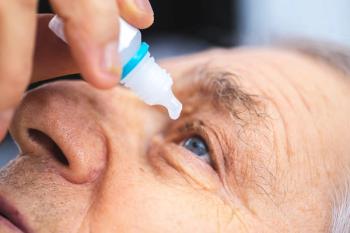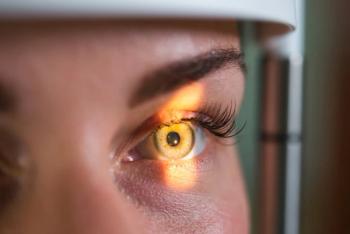
Increase in telehealth charges cause FEDS to investigate
Telehealth-based care is being closely monitored for unnecessary charges
Due to the rise of virtual health care, the United States government is monitoring telehealth for misuse. Before the pandemic, 15% of private insurers handled their primary care through telephone or video. After lockdown, however, the use of video and telephone visits increased significantly to 80% and remains around 48% today.1
In response to the public health crisis, the Department of Health and Human Services (HHS) expanded the number of Medicare patients eligible for telehealth-based primary care.1 While examining the data, the Office of Inspector General's investigators discovered a pattern of higher-than-average complexity billing for telehealth visits. Some 22% of telehealth visits were billed at the highest complexity level for new patients, compared with 16% for in-person visits.1
Chris Schrank, assistant inspector general for investigations, says there is no evidence that shows widespread fraud in telehealth, though it could be legitimate reasons for a visit to be more complex. It is something that will be closely monitored, he says.
Unnecessary exams and visits
Telehealth fraud is a type of scam that involves setting up fake doctor visits for patients. These visits are usually carried out for the purpose of billing for the services that the scammers provide.1
In Several investigations related to this type of fraud in the past have taken place.1 In September 2020, the U.S. Department of Justice announced the largest healthcare fraud enforcement operation ever conducted.
With the rise of telehealth, it is possible that more sophisticated fraudsters will try to capitalize on the system.
Despite the risk of fraud, the expansion of telehealth will continue, says Lisa Caplan, senior vice president of care delivery technology services for Kaiser Permanente.
A
Reference
1. Owens B. Feds Investigating telehealth charges in ppsurge. Medscape. April 26, 2021. Accessed July 19, 2021. https://www.medscape.com/viewarticle/949957?src=WNL_dne_210428_mscpedit&uac=371986PX&impID=3338219&faf=1#vp_1
2. Byron J. Video visits convenient and high quality, Kaiser Permanente members say. April 30, 2019. Accessed July 21, 2021. https://spotlight.kaiserpermanente.org/video-visits-convenient-and-high-quality-kaiser-permanente-members-say/
Newsletter
Want more insights like this? Subscribe to Optometry Times and get clinical pearls and practice tips delivered straight to your inbox.









































